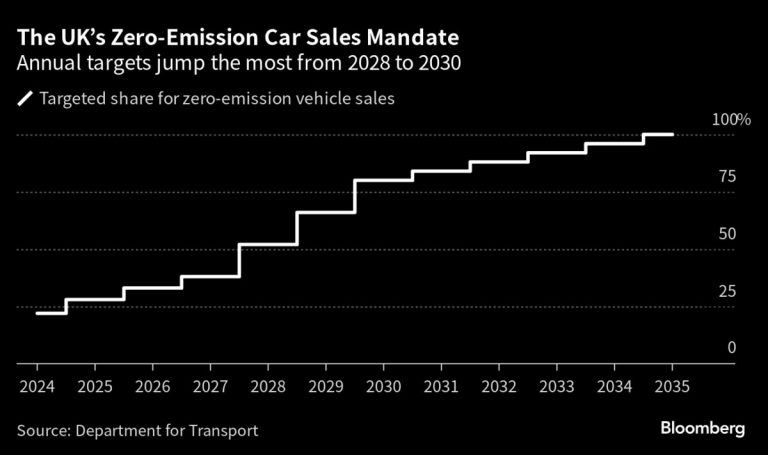Stay informed with free updates
Simply sign up to the UK financial regulation myFT Digest — delivered directly to your inbox.
The UK’s financial watchdog has yet to penalise any company that failed to take down illegal crypto adverts, despite half of all banned promotions remaining online after the watchdog asked for their removal.
Only 54 per cent of the 1,702 alerts issued by the Financial Conduct Authority between October 2023 and October 2024 ended in the illegal crypto ads, apps or websites being taken down, according to figures obtained through a freedom of information request.
The regulator can fine or bring criminal cases against groups that breach a new law aiming to clean up a wave of promotions for the murky side of the UK’s crypto markets. The rules require crypto ads to gain authorisation from the FCA or an FCA-authorised business before being put up online — or face the watchdog’s promise of “robust” action.
But the FCA has yet to use any of the new powers, according to people with knowledge of its procedures. Instead, it has focused on targeting “finfluencers”, financial influencers who promote such schemes online. It brought a criminal case against nine people for promoting an unauthorised scheme linked to high-risk derivatives on Instagram, including TV stars who found fame on reality shows Love Island and The Only Way Is Essex. In October, the FCA said it was interviewing a further 20 finfluencers under caution for illegally touting financial services products.
People with knowledge of the process said it took significant time to draw up prosecutions and research fines. This is despite the agency bringing the charges against the finfluencers just two months after the FCA issued rules on social media promotions in March.
The FCA has touted its large numbers of takedown alerts for crypto ads. But a month-by-month breakdown of the amount of content removed, and the FCA’s requests to remove content, show about half of adverts are consistently removed.
Former FCA chair Charles Randell said penalising companies that refused to take down content was essential to reducing the “very frustrating” level of non-compliance.
“Ultimately, unless a very real and present threat of legal action is visible to both the [tech] platforms and to authorised crypto asset exchanges which issue noncompliant ads, we’re unlikely to see any change,” he told the Financial Times.
Tom Fosh at law firm Eversheds Sutherland — which obtained the data through an FOI request — said tackling “whack a mole” crypto scams solely by issuing alerts would still help raise consumer awareness in the meantime.
The FCA has no powers to require online platforms to remove content that was not approved, and instead relies on good-faith negotiations with tech platforms.
The financial sector has voiced broad frustrations over regulators’ inability to hold social media companies responsible for financial misconduct that often originates on their services. The payments regulator told the FT in October that tech groups must do more to help.
“When the platforms are sufficiently motivated to block these ads they can and will,” said Randell, who stepped down as FCA chair two years ago and is now an adviser to law firm Slaughter and May. “The regulators — including both the FCA, Ofcom and if necessary the criminal prosecution authorities — may need to ensure that the platforms have that motivation.”
The FCA has persuaded tech groups including Google, Meta and Microsoft’s Bing to ban paid-for adverts that are not approved by an FCA-authorised group — but the agreements were voluntary.
The FCA said “good progress” had been made, but that the regulator remained “concerned about the prevalence of frauds and scams online”.
It added: “Many social media sites have now banned paid-for adverts for UK financial services from non-FCA authorised firms, and we continue to [take] action against those we find breaching our rules.”

























+ There are no comments
Add yours